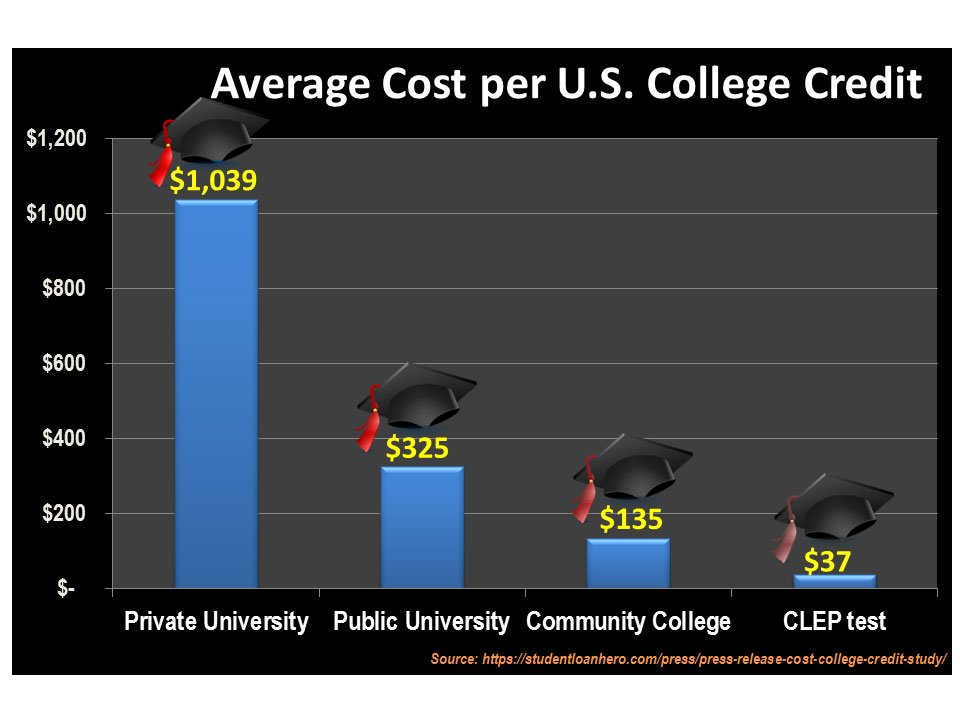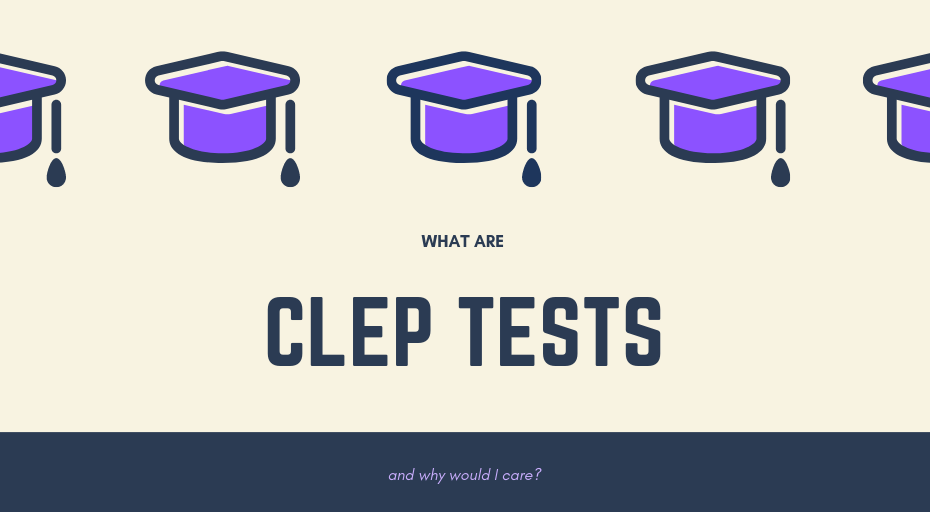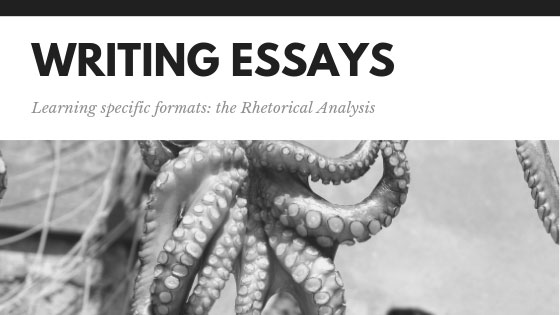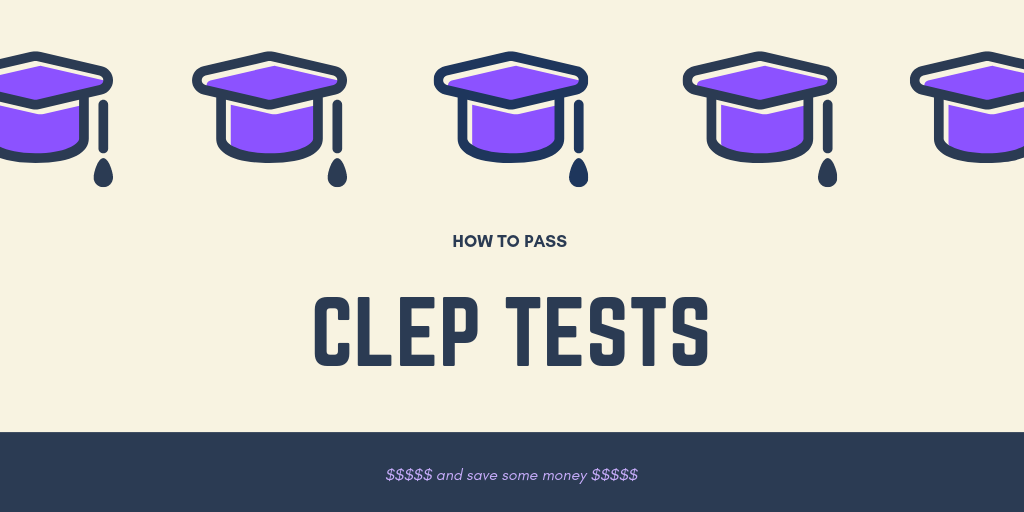What’s inside: Do you know what the CLEP tests are? CLEPs are college level credit-by-exam types of tests in specific courses. Your high schooler can take these tests in place of many lower-level college courses to save money.
Ever wonder what CLEP Tests are? Or how they can help reduce your college costs?
CLEP stands for College Level Examination Program, and it is run by the folks over at the College Board. They also administer the SATs and the APs, among other tests. The CLEPs are standardized college level tests in specific subjects. In other words, CLEPs test you on the knowledge you would be expected to learn in a specific college class, such as U.S History, Calculus, Biology, and many others.
A Brief History of the College Board
The College Board, originally called the College Entrance Examination Board, began in 1899 to help evaluate high school students across the country. They invented the SAT way back in 1899 to help colleges evaluate applicants across the country. Think of a world without SKYPE or airline travel. If you want to read more on the origins of the university system, then read this post.
Over time, college education has become pricier. The College Board astutely determined that there was a market for testing out of the beginning general courses that many colleges require for freshman and sophomores.
Keep in mind the value of a broad education. And you know that CLEP testing can be rather narrowly focused. But if you are considering a college degree, then you should evaluate if you can test out of any credits to reduce your overall cost of the degree. $100 for a test is much less expensive than several thousand dollars for a course.
CLEP tests
There are 33 CLEP tests currently available. Passing a CLEP test doesn’t actually get you college credit – each college has to “accept” the credit. So just passing a test isn’t a guarantee of college credit. If colleges range from local community college to the elite colleges (like Harvard, Princeton or Yale), most local colleges do take CLEPs, and most elites have never heard of them, much less accept them to replace one of their “core freshman requirements.” But if your college does accept it, it can save you that much in money.
Why Use CLEP tests?
Save Money
Besides the obvious cost savings, part of the advantage of using CLEPs to test out of general lower level college requirements is that it helps students focus on what they want to study. Too many kids go to college and don’t have a clue of what they want to study – or of what they want to get a degree in. That type of “figuring out” can be vastly expensive.
Save Time
But if you take several different CLEPs and you find that you adore a subject – like Chemistry, for instance – you may be on your way to discovering what you want to learn in college. On the flip side, if you already know that you want to study Theme Park Engineering, you can get those pesky English and History courses out of the way and move right into what you want to study.
Add Credibility
For those like my family, who homeschool through high school, passing a CLEP test in your American History class can add credibility to your transcripts. Most of the homeschooling parents I know teach the subject until it is learned and so acceptable performance is an “A” – the usual stories of adversity from my homeschooling friends involve having difficulty in a subject, but keeping at it until the material is learned. Learning should be the ultimate goal. But using a standardized test can serve as a sort of stamp of authenticity that your child really did learn the subject in question.
Which CLEPs should I take?
The best plan of action would be:
- decide on a major
- locate your target college, and then
- research which CLEPs that college takes and which ones you need to complete your major.
But…
Reality check!
How many 9th graders know if they want to go to college and what they want to study if they do?
If your child is academically oriented, then start talking – the point is not to make your kid commit to a life-decision in 9th grade, but to begin exploring possibilities. Or even if your child is less than academically oriented, but your family values a college degree, then start discovering opportunities. The point of the discussion should be to help the child along with these concepts earlier, rather than letting them go to college “because everyone goes to college” and then trying out a bunch of different majors as they go along. That way has led to the massive college debt problem in this country.
What if I don’t know what I want to study?
If you don’t know your college or major, then just take any CLEP that is offered in every course you are studying in high school.
The only problem with this method is that it can lead to unnecessary costs if you take unnecessary tests.
Our early experience
Some courses were obvious to test in, like College Algebra. I have math/science-oriented kids, which guaranteed that at least one of them would end up wanting to study engineering, so taking a CLEP at the end of Algebra II seemed natural. And any college that accepts CLEP tests is going to accept that one.
But our “just take the test if your course lines up” didn’t work for the CLEP Natural Sciences test. The test covers 8th grade Physical Science and 9th Grade Biology. For some reason, I got it in my head that that test would be better than just taking the Biology CLEP when my two older sons were in 9th grade and taking Biology. It turns out that not many colleges accept credit for that test. Probably because the colleges are looking for equivalent courses that they teach or require – and that kind of combo really isn’t taught. So while my sons aced the test, they can’t use the passing grade to test out of any actual class. So $$$ down the drain!
At least we have the satisfaction of a job well done. Sort of.
If you are thinking of taking a CLEP for Natural Sciences, College Mathematics, or Introductory Sociology, definitely check if your college will accept it. Who am I kidding? Check all of the tests you want to get credit for!
PASSING is Passing, right?
Some CLEPs are worth more to a college than others based on how well you score. In particular, the foreign language tests.
CLEPs score as “Pass/Fail” but they give you a number score also. On a scale of 80, most of the tests pass with a score of 50. (Note that the test is scaled – it isn’t a straight percentage).
And most CLEPs are typically worth 3 credits at colleges, except some of the sciences, like Bio and Chem, and all of the foreign languages. In fact, most colleges will give you a range of credit for the foreign language tests depending on how well you score. For instance, our local state university gives 6 credits for a score of 50 on the French CLEP. But they will give 12 credits for a score of 59.
By the way, if you are a bilingual household, DEFINITELY take your language CLEP or AP! That’s easy credits for something you already know.
Keep in mind, any test that has the option of more credits, generally indicates a harder test.
Takeaway here is that some CLEPs are more equal than others.
Summary
I hope I’ve given you a nice overview of the CLEP tests and how they might help you save some of the costs of college. I’ll leave you with a small chart for reference.
Remember – this chart shows cost per credit – it usually takes 120 credits to get a bachelor’s degree!






